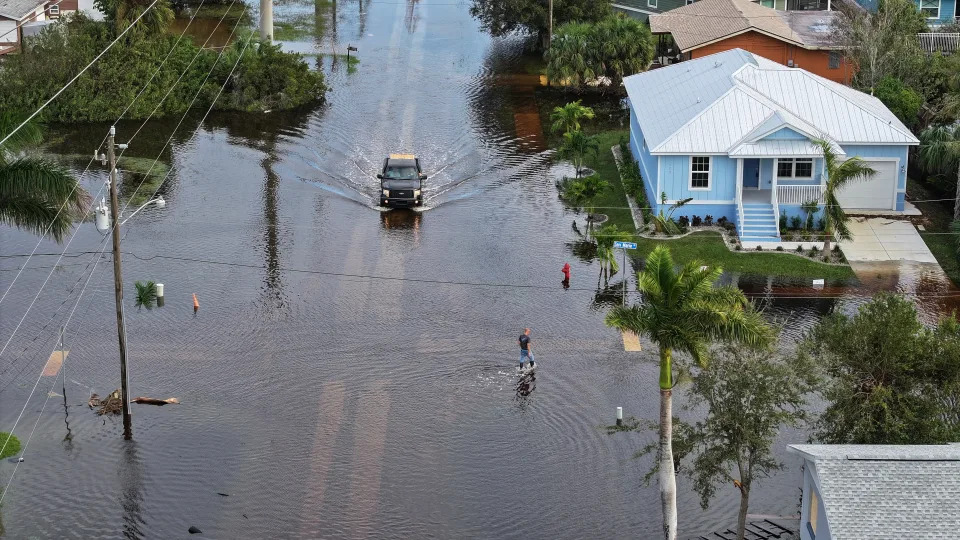Catastrophe bond market nears $50 billion after back-to-back years of record issuance

A growing number of investors appear willing to take on the risk of climate disasters as the catastrophe bond market grows at a blistering pace, setting record issuance numbers two years in a row.
Sales of the bonds, including those already issued and those in the pipeline, surged to $17.7 billion this year, according to data from Artemis .
That data marks a 7% increase from last year and the second-straight year of record issuance, bringing the total market to $49.3 billion amid increased investor interest and as issuers look to transfer more risk.
The bonds transfer the risk of hurricanes, windstorms, and earthquakes to private investors, using their money to help pay out claims if those climate disasters occur.
In doing so, the bonds help issuers minimize their losses as the climate crisis makes weather events more extreme, and sticky inflation makes it costlier to rebuild after disasters.
But if those weather catastrophes don't happen, or the losses aren't as great as expected, investors can see big returns , likely totaling around 16% this year even after two major hurricanes rocked the US this fall.
Hurricane Helene dumped heavy rain on northern Florida, Georgia, and South Carolina as it moved inland, triggering widespread flooding.
But most of the impacted areas lacked sufficient flood insurance, meaning most of the damage will result in economic losses rather than insured losses, insulating cat bond investors from the worst losses, a recent report from investment manager Twelve Capital says.
Hurricane Milton , meanwhile, weakened to a Category 3 storm as it made landfall just two weeks later, meaning cat bond investors didn't stare down the huge losses they initially expected, even though the damage from the hurricanes still proved enormous.
"There were a number of strong hurricanes that made landfall, but as they did not directly hit major metropolitan areas, the impact on the reinsurance and Cat Bond markets is likely to be muted," the report said, adding that it will likely result in between $30 billion and $50 billion in losses for the insurance industry .
"Secondary perils," like wildfires, tornadoes, and floods, likely caused even more damage for the industry this year, with over $50 billion in insured losses, the report says.
While each individual secondary peril is less damaging than a "peak peril" like a major hurricane, taken together, their damage is huge, the report says.
Insurers have been increasingly looking to transfer the risk of these secondary perils to cat bond investors as their damages rise, but face challenges in how to price their aggregate risk, as opposed to the risk an individual hurricane poses. If they see an interest for such bonds from investors, it could mean further growth for the cat bond market.
"While hurricanes have been the focus of our attention, it is important to remember that secondary perils remain very active with another year of heavy tornado and hail losses, in what may be a 'new normal' for this peril," the report says.
Read the original article on Business Insider

